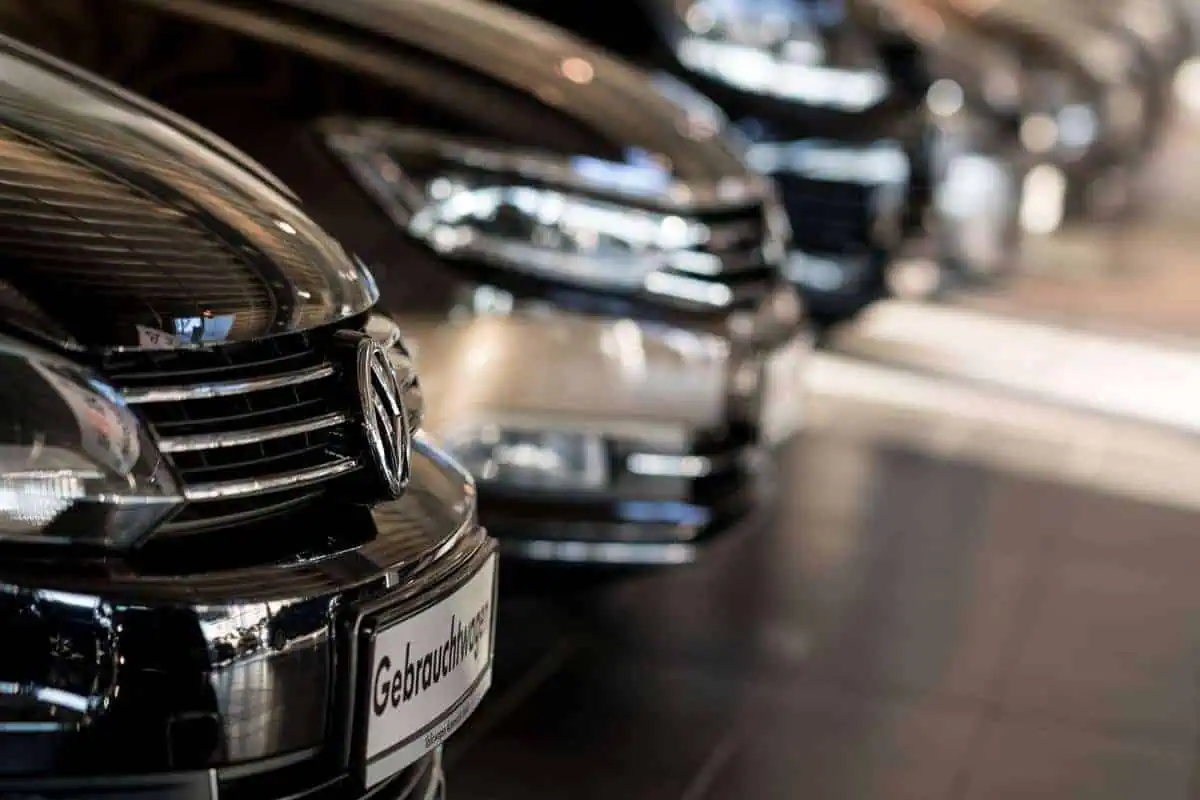Electric vehicle sales in the US hit a new record in the 1st quarter, the competition on EVs is heating up, and the momentum does not seem to be slowing anytime soon. Traditional car manufacturers are spending billions to catch up to Tesla, the EV leader.
Which legacy car manufacturers are spending the most on EVs?
Traditional car manufacturers are trying different strategies to maximize their EV market share. Many are converting the favourite versions of the customer into electric.
For instance, Ford is having success with its initial EV versions, the Mustang Mach-E, Ford F-150 Lightning, and the E-Transit; other car manufacturers such as Toyota plan to invest in their safety and compelling brand image. The firm aims to extend the existence of its EVs in the US with the Toyota bZ4x electric SUV accessible later in 2022.
Yet, spending is one thing they all have in common. Legacy car manufacturers are pouring money to catch Tesla, which still claims around 70% of the EV market share in the US. Here’s a quick overview.
- Ford expects to spend around $5 billion in 2022 on EVs. Moreover, the firm plans to inject $50 billion through 2026 into capital expenditure (CAPEX), direct funding, and expenses.
- General Motors (GM) states it will spend $35 billion throughout 2025 on EVs and battery technology. Meanwhile, GM and LG are using a $2.5 billion DOE loan to construct three US battery plant.
- Toyota has announced it will spend around 8 Trillion yen ($70 billion approximately) to meet its target of hitting 3.5 million BEVs by 2030.
- Over the next five years, Volkswagen is spending about 73 billion euros (around $73 billion) on electrification and digital tech. Thus far, the legacy car manufacturer is seeing high demand for its BEVs as worldwide deliveries increased 27% in the first six months of this year.
Lastly, other legacy car manufacturers like Nissan, after being one of the early to launch an electric car, the Nissan Leaf, are playing catch up.






